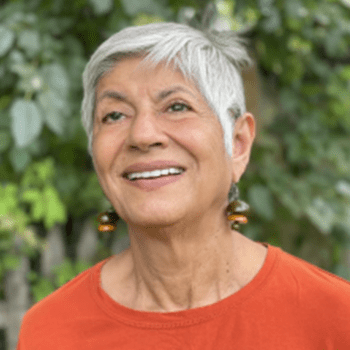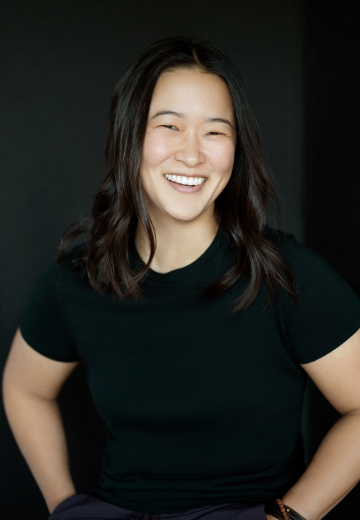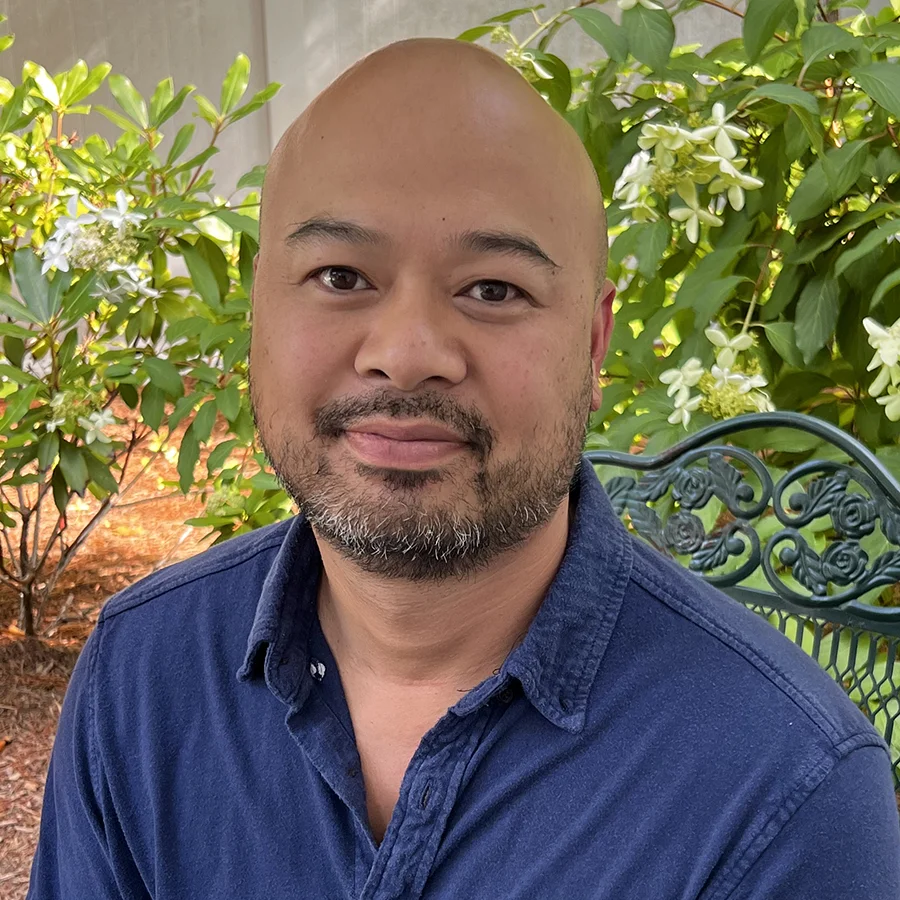In Conversation with Shamim Padamsee
- Elianna UKimura
- Jun 12, 2025
- 4 min read

Shamim Padamsee is an author, educator, business woman, and diplomat based in Cambridge Massachusetts. Padamsee is the founder and president of Zawasama, a non profit organization based in the U.S that empowers people through the power of storytelling. Their mission explains how they want to “spark curiosity and expand young minds through stories that showcase the richness of human tradition, beliefs and ways of life.” They have a focus on children books from around the world and the platform gives access to a plethora of children books available for the youth. I had the privilege to communicate with Padamssee to get a deeper understanding of her vision with Zawasama, and why she believed storytelling is such an essential tool for the youth, and for all. I asked her a series of questions.
Firstly, I asked: What inspired you to start this organization?
"Zamasama was born from a deep desire to plant the seeds of empathy, understanding, and pluralism in young minds in a world often divided by race, religion, or tradition. Can we do that? Yes. The answer, I believe, lies in early childhood.
Research in child psychology shows that biases begin forming in early childhood—as young as infancy—absorbed from the cues and unspoken signals of caregivers and surroundings. Yet this same research offers hope: these biases are not fixed. They can be gently reshaped in the early, impressionable years.
That’s what inspired me to create Zamasama: a nonprofit storytelling platform that introduces young children to the beauty of global diversity. The intent is not to preach, but to awaken—through narrative—the recognition that while we may differ in customs or appearance, we share the same joys, fears, hopes—basically humanity. I believe that when children grow up experiencing diversity as normal and enriching, they’re more likely to be adults who build bridges instead of walls. As today’s children are tomorrow’s leaders, if we want a more tolerant, inclusive world, we must start by nurturing these values early on in life—one story at a time."
The second question I asked was: How do you see storytelling as a tool for empowering young people?
“Storytelling is one of the oldest and most powerful tools we have—not just to entertain, but to shape identity, values, and worldview. For children, especially, stories are more than narratives; they are mirrors and windows. They reflect a child’s own experiences, affirming their sense of self on the one hand, whilst offering glimpses into the lives of others, thus building empathy and expanding imagination.
When children see themselves represented in stories, they feel seen and validated. When they encounter characters from different backgrounds, they learn that the world is interconnected. Stories help children in our increasingly polarized world to nurture curiosity, critical thinking, and compassion—qualities essential for becoming thoughtful, empowered global citizens.
At Zamasama, we believe stories sow seeds that grow into understanding and appreciation towards a more harmonious world. not just for who we are but also for those who may be different from us.
Since time immemorial storytelling has been a powerful force—not just for entertainment, but for shaping how children see themselves and the world around them. Stories act as both mirrors and windows: they reflect a child’s own identity and experiences, while also opening up views into lives that are different from their own.
When children see themselves represented in stories, they feel seen and validated. When they encounter characters from different backgrounds, they learn that the world is interconnected. Stories help children in our increasingly polarized world to nurture curiosity, critical thinking, and compassion—qualities essential for becoming thoughtful, empowered global citizens.
In a time when division and fear of difference are on the rise, stories offer a gentle yet transformative path forward. They cultivate empathy, broaden perspectives, and spark the kind of thoughtful curiosity that helps raise compassionate, globally aware individuals.”
The final question I asked was: How have you seen youth grow or transform through your programs?
"Whilst it is still early to measure long-term impact, the initial responses from children have been both heartening and revealing. What amazes me most is how instinctively they connect with the essence of a story—regardless of the race, culture, or country of the characters.
Children don’t get caught up in surface differences. Instead, they are drawn to the emotions, the dilemmas, and the small triumphs that feel familiar: the joy of friendship, the pain of exclusion, the courage to try, the warmth of family. They see themselves not only in characters who look like them but also in those who don’t.
This natural, unfiltered empathy is powerful. It reminds me that young minds are open, curious, and ready to embrace a more inclusive view of the world—if we simply give them the opportunity to do so.
Zamasama hopes to nurture that openness, to offer children a space where stories help them not just to grow, but to grow together."
Padamsee has a vision, true passion and commitment for a more inclusive world, and it is clear Zamasama is fueling this portrait. Padamsee emphasizes that sharing stories act as mirrors and these mirrors can help the youth see their identity, understand it, and also see the lives that are different from their own, for all diverse communities. It truly is so important that we talk about the importance of storytelling, and the value of it, is infinite.
Many people in the AAPI community understand what it's like to be isolated, shrouded by the stereotypes created in American media, and feel cloistered into not speaking their truth. By storytelling, as in a cross-culture empathetic manner, an individual can learn more about their heritage, experiences that have created who they are from generations, and with language. By normalizing speaking, storytelling, and sharing one's story starting at a young age, it weaves the ranges of AAPi voices, urges them to speak, which then unfolds into trust and resilience. Zamasama is an ingenious platform that starts with the youth, to create a generation of confidence, and collaborative voices.
To learn more about Padamsee and Zamasama, check out the website!


Comments